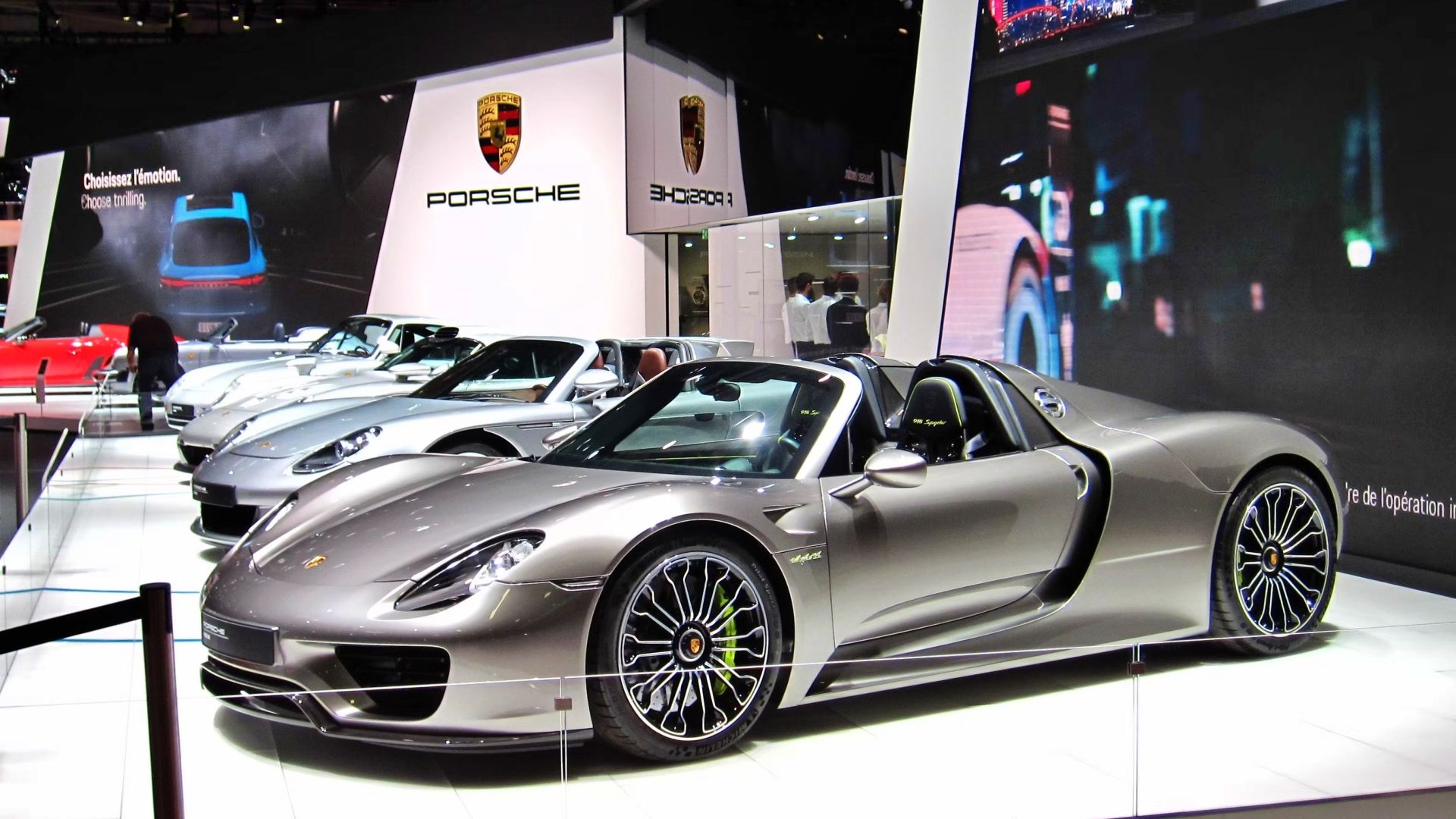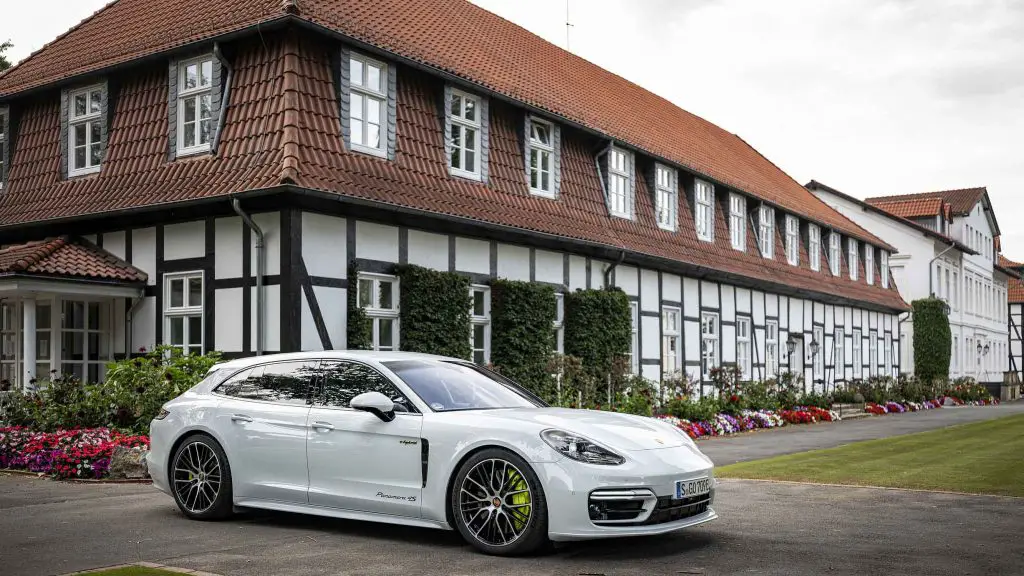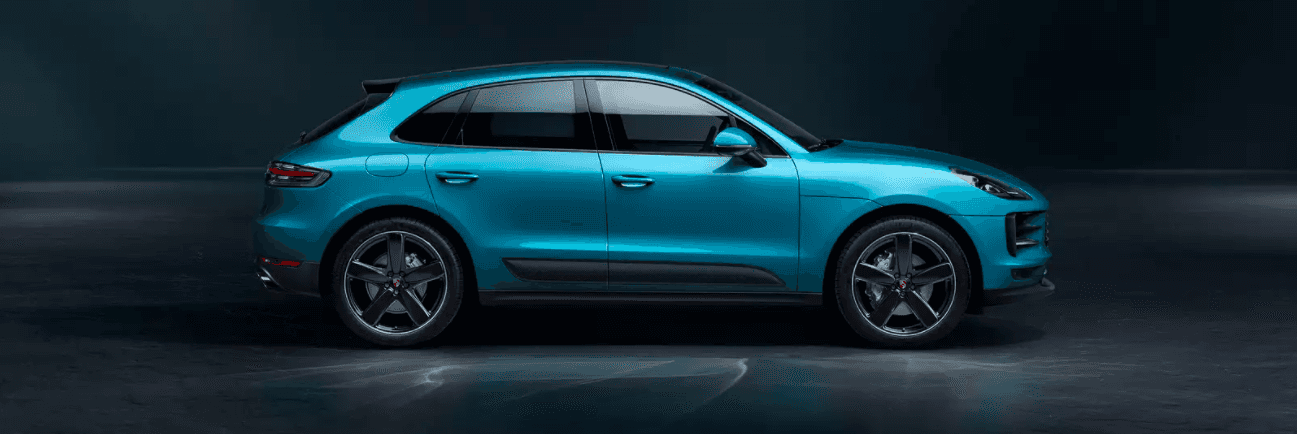Where Is Porsche Made? A Deep Dive Into The Origins Of Excellence
Share
When you hear the name Porsche, what comes to mind? Exciting performance, luxurious design, and an iconic status in the automotive industry. This begs the question: where is Porsche made? This article takes you on a journey through the brand's manufacturing roots, its German origins, and the unique craftsmanship that goes into every Porsche vehicle.

The Birthplace of a Legend: Stuttgart, Germany
Porsche was founded in 1931 by Ferdinand Porsche, and from its inception, the company settled in Stuttgart, Germany. This city is not only known for its automotive heritage but also for being the headquarters of many other luxury automobile manufacturers. Today, Stuttgart continues to be the heart of Porsche's operations, where engineering ingenuity and German precision coalesce.
A Glimpse into the Porsche Factory
The Porsche factory in Stuttgart-Zuffenhausen encompasses a stunning blend of tradition and modernity. The facility shows visitors the meticulous craftsmanship involved in the creation of each vehicle, from the iconic Porsche 911 to the innovative electric Taycan.
The brand’s commitment to high standards in manufacturing is not just a marketing gimmick; it’s a philosophy. Every component of a Porsche is engineered with precision, with rigorous quality control processes ensuring that only the best makes it to the road. Visitors can often explore guided tours through the factory where they witness skilled craftsmen and women dedicating hours to honing parts unique to Porsche vehicles.

The Evolution of Manufacturing: Expansion beyond Stuttgart
While Stuttgart remains the heart of Porsche, the brand has expanded its production capabilities. In 2002, Porsche opened a new facility in Leipzig, Germany, catering to an increasing demand for their models. This plant specializes in assembling the Porsche Cayenne and the Porsche Macan, blending luxury with practicality.
Additionally, Porsche has made strides to advance its electric vehicle (EV) lineup at the Leipzig facility. The Taycan, Porsche’s first all-electric vehicle, is produced here, marking a significant step towards sustainability in the automotive sector. Indeed, Porsche is not just where luxury is created but also where the future of driving is being shaped.

The Artisan Touch: Customization at Porsche
One of the unique aspects of purchasing a Porsche is the car customization process. Prospective owners can personalize their vehicles to create exclusive models, making them feel like an extension of their personality. From tailored leather interiors to custom paint jobs, the choices are nearly limitless.
This artisanal craftsmanship is mostly done in Stuttgart, where skilled artisans devote time and effort to make each car unique. This attention to detail not only elevates the driving experience but also maintains the traditional values that have defined Porsche since its inception.
Global Influence: Collaborations and Production
While Porsche has strong roots in Germany, its influence and reach extend globally. The brand has partnerships with various manufacturers worldwide, focusing on innovation and shared technology. This means that while many components are produced in Germany, the manufacturing of certain parts may occur overseas, leveraging international expertise and resources.
However, Porsche’s commitment to quality means that final assembly and key components remain firmly rooted in its German factories. You can be confident that regardless of where components come from, each car is assembled to meet Porsche's stringent quality standards.
![]()
Porsche’s Commitment to Sustainability
An important aspect of modern manufacturing is sustainability. Porsche is at the forefront of this movement, investing in eco-friendly production methods and embracing electric vehicle technology. The establishment of the Taycan as a flagship model signals a robust commitment to reducing carbon footprints.
In Stuttgart and Leipzig, Porsche has implemented innovative practices aimed at minimizing waste and energy consumption. This involves using renewable energy sources to power their facilities and creating a circular production process that aims to reuse materials whenever possible. This dedication reaffirms that Porsche is as much about crafting avant-garde automobiles as it is about fostering a sustainable future.
&width=1600)
Conclusion: The Legacy of Porsche Manufacturing
To answer the question, “Where is Porsche made?” – the answer is primarily in Germany, with Stuttgart leading the charge. With an understanding of its historical context, artisan craftsmanship, and commitment to sustainability, it is clear why Porsche has earned its stellar reputation in the automotive industry.
As Porsche continues to innovate and push boundaries, the brand remains true to its origins—preserving the essence of luxury, performance, and precision that car enthusiasts around the globe have come to love. Whether you're behind the wheel of a classic 911 or embracing the electric future with a Taycan, the quality and excitement of a Porsche originate from a commitment offered by its dedicated teams in Germany.
By understanding where Porsche is made, you can appreciate the mastery behind every vehicle, making a Porsche not just a car, but an experience rooted in exceptional engineering and timeless legacy.